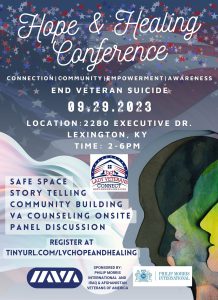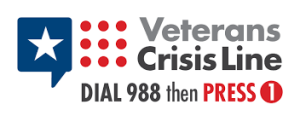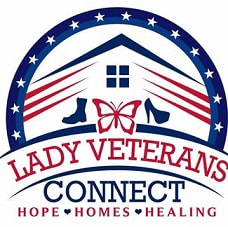The transition from military service to civilian life is a profound and often challenging journey for woman veterans. As they navigate this transition, the support of family and friends becomes invaluable in helping them find happiness and maintain good health. In this article, we will explore how the loved ones of woman veterans can play a vital role in fostering their well-being and ensuring a successful transition.
Understanding the Transition:
Woman veterans often face a unique set of challenges as they reintegrate into civilian life. These challenges may include:
- Identity Shift: Leaving behind the structured military identity can lead to feelings of loss and uncertainty about their place in the civilian world.
- Mental Health: Exposure to traumatic events during military service, including military sexual trauma, can lead to mental health challenges such as post-traumatic stress disorder (PTSD) and depression.
- Physical Health: Some woman veterans may have physical injuries or health conditions resulting from their service that require ongoing care and support.
How Family and Friends Can Help:
- Open Communication: Encourage open and honest communication with the woman veteran. Create a safe space for her to express her feelings, concerns, and aspirations.
- Empathetic Listening: Be a compassionate and empathetic listener. Sometimes, just having someone to talk to can alleviate feelings of isolation and stress.
- Respect Her Autonomy: Respect her choices and autonomy in her transition journey. Support her decisions, even if they differ from your own expectations.
- Educate Yourself: Learn about the challenges woman veterans face during their transition, including mental health issues, so you can better understand and support her.
- Connect with Support Services: Explore available resources and support services for woman veterans, such as counseling, VA benefits, and local veteran organizations.
- Offer Practical Help: Assist with practical matters like job searching, housing, or childcare, especially if she is a single parent.
- Be Patient: Understand that the transition process may take time, and there may be setbacks along the way. Patience and encouragement are essential.
Promoting Mental and Emotional Health:
- Encourage Professional Help: If she is struggling with mental health issues, encourage her to seek professional help. Offer to help find a therapist or counselor who specializes in veterans’ issues.
- Participate in Therapy Together: If she is comfortable, offer to accompany her to therapy sessions or attend family counseling together.
- Create a Supportive Environment: Foster an environment that promotes mental and emotional well-being. Encourage relaxation techniques, mindfulness, and self-care practices.
Supporting Physical Health:
- Assist with Medical Appointments: Help her keep track of medical appointments and accompany her to important healthcare visits.
- Encourage Healthy Habits: Promote a healthy lifestyle by engaging in physical activities together, preparing nutritious meals, and supporting her in managing any chronic health conditions.
Building a Support Network:
- Connect with Other Veterans: Encourage her to connect with other woman veterans who have gone through similar experiences. Sharing stories and experiences can be therapeutic.
- Family and Friends Support Group: Consider joining a support group specifically for family and friends of veterans. These groups provide valuable insights and a network of individuals who understand your journey.
The role of family and friends in a woman veteran’s life is immeasurable. By offering understanding, compassion, and unwavering support, loved ones can help her navigate the complexities of the transition from military service to civilian life. Together, you can create an environment that fosters happiness, good health, and a sense of belonging, ensuring that her post-service journey is filled with hope, purpose, and fulfillment.
To learn more about our programs and other organizations in your corner, please attend the Hope & Healing Conference September 29th, 2023 from 2-6pm EST. Located at the KHSAA 2280 Executive Drive, Lexington, KY. Register today to save your spot – tinyurl.com/lvchopeandhealing


